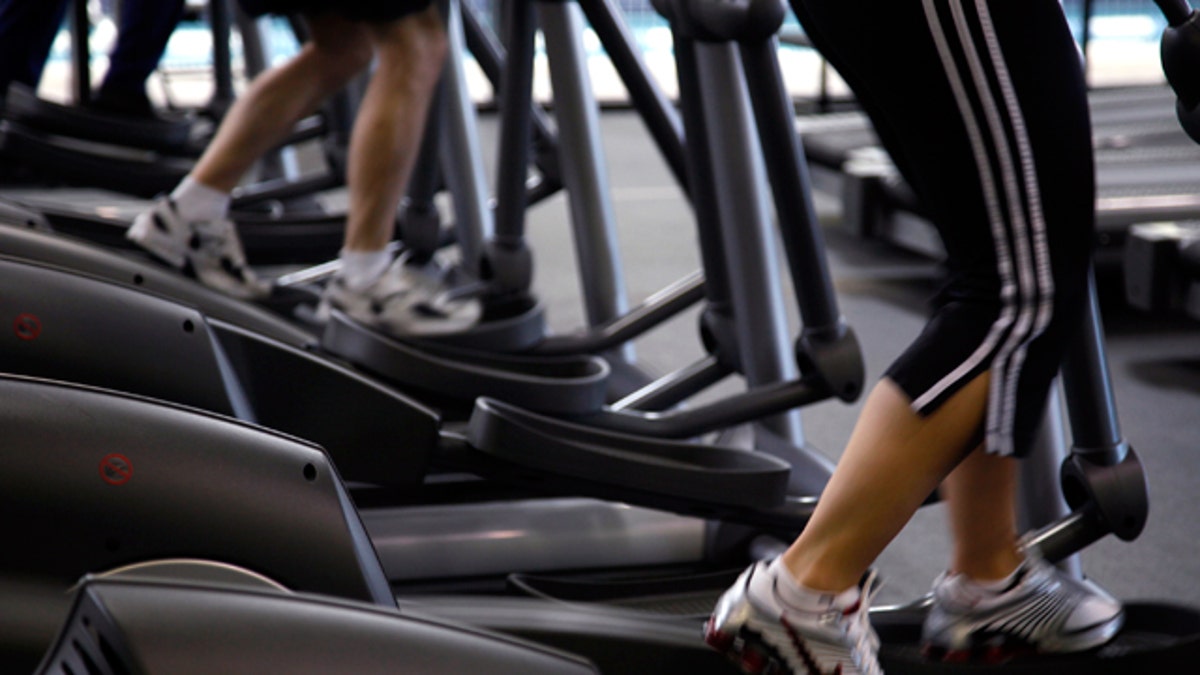
(Reuters)
People with heart failure who are also depressed may benefit from regular, moderate exercise, a new study suggests.
Researchers found patients who exercised an hour and a half to two hours per week had slightly lower depression scores, which in turn were tied to a reduced risk of re-hospitalizations and deaths related to heart problems.
Still, the effects of exercise were "modest," researchers said.
"We know that in people who have existing heart disease, including heart failure, that if they have depression on top of it, it tends to make matters worse," said Kenneth Freedland, a psychiatrist from Washington University School of Medicine in St. Louis who wasn't involved in the new study.
"Exercise seems to be helpful… but by itself, it's probably not a sufficient treatment for clinical depression in somebody with heart failure," he told Reuters Health.
Still, Freeland added, "anything that can make a dent in (depression) is a good thing."
The new findings are based on a secondary analysis of a study looking at the effects of exercise on long-term health risks in people with heart failure, which occurs when the heart can't pump enough blood to the rest of the body.
Close to six million people in the U.S. have heart failure, according to the Centers for Disease Control and Prevention.
Moderate exercise is generally considered safe in people with heart failure, as long as they have been first cleared by their doctor.
In 2003 through 2007, researchers randomly assigned 2,300 people with heart failure to a supervised and at-home exercise program or to their usual treatment. They asked participants about depression symptoms at the start of the study and tracked both those symptoms and hospitalizations and deaths over time.
Participants in the exercise group had three 30-minute workout sessions per week for three months, then were given a treadmill or stationary bike to continue exercising at home for another nine months.
About 28 percent of patients were clinically depressed at the start of the study, based on a questionnaire covering 21 different symptoms.
Depression scores in general - and especially in people with a depression diagnosis - tended to drop with exercise. But the disparity between exercisers and non-exercisers was small, equal to participants scoring similarly on 20 out of 21 symptoms and exercisers getting a "mild" score on one symptom where the usual care group got a "moderate" or "severe" score.
"Most of the patients were not depressed," said lead researcher James Blumenthal, a clinical psychologist at Duke University Medical Center in Durham. "To go from being not depressed to a little bit more not depressed may not be that clinically meaningful."
‘A vicious circle'
Over an average of two and a half years, close to 1,200 study participants were hospitalized and 386 died. Exercise was tied to a lower risk of both hospitalization and death, according to findings published Tuesday in the Journal of the American Medical Association.
In addition, people who got less depressed during the study were less likely to have heart problems, whereas those who had worsening depression symptoms also did worse heart-wise.
But that doesn't mean depression sends people to the hospital or kills them, according to Blumenthal.
"We don't know if worsening depression is a cause of worsening heart failure or a consequence of worsening heart failure," he told Reuters Health.
Both could be true, according to Freedland.
"Depression has a lot of bad effects for people with heart disease and of course having heart disease… can cause a lot of stress and distress. It's kind of a vicious circle," he said.
Moderate exercise may be a helpful addition to standard treatment for people with heart failure, including those that are depressed, researchers said.
"An exercise prescription is something that might be useful for a lot of people as an adjunct to depression treatment," said Dr. Joseph Gallo, from the Johns Hopkins Bloomberg School of Public Health in Baltimore who didn't participate in the research.
"You wouldn't want to throw that out as part of the armamentarium for people with depression," he told Reuters Health.
Freedland said it's possible exercise support could help depressed people with heart failure in conjunction with antidepressants or talk therapy.
Researchers agreed people with heart failure shouldn't jump into exercise before they know it's safe, given their aerobic limitations.
"Heart failure is a very serious medical condition, and before anyone starts an exercise routine they should really consult their doctor," Blumenthal said.







































